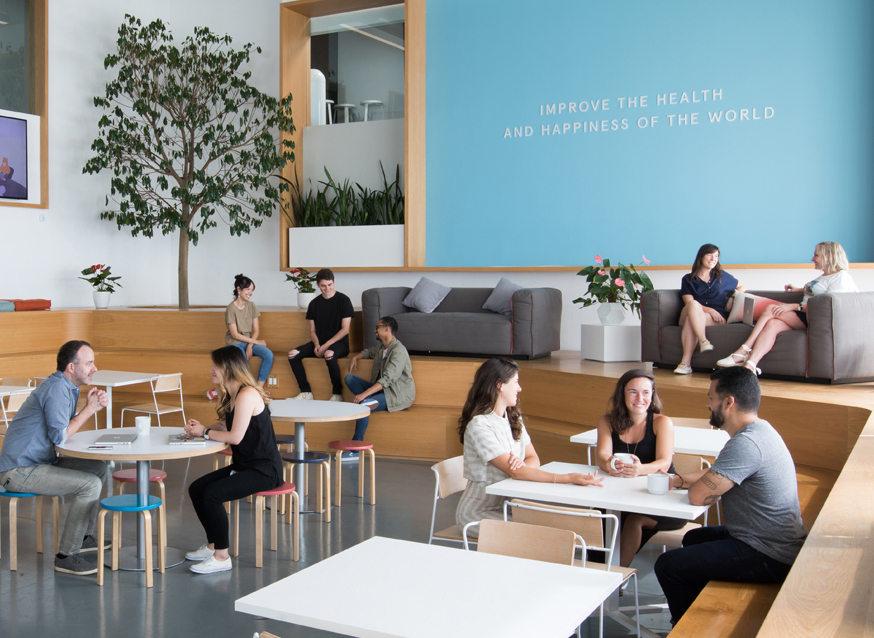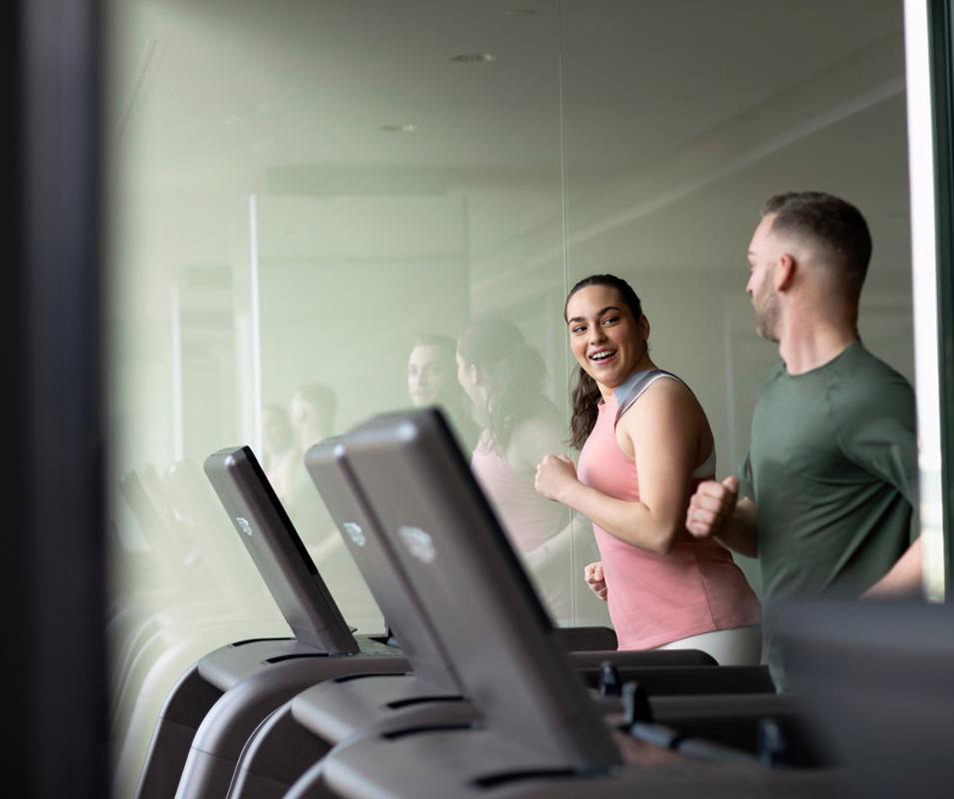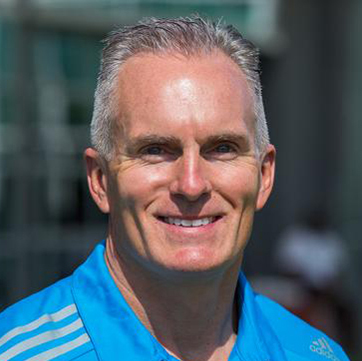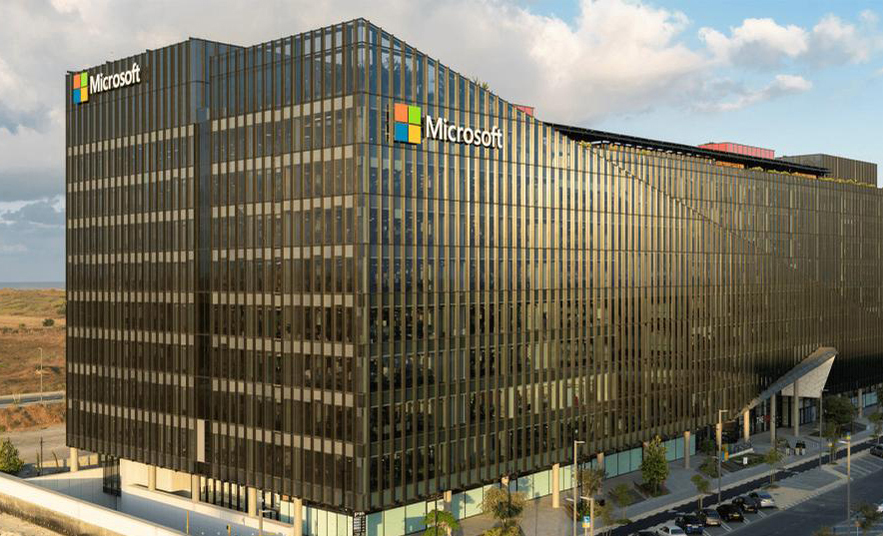The pandemic gave us all the chance to take stock, with many people deciding they didn’t want to return to their previous job, or that it was the time to unleash their inner entrepreneur, retrain for a different profession, or write that book.
Many who did return to their jobs, or had carried on doing them, still found they wanted more – either greater flexibility, such as being able to work from home, or health support – with all this leading to growth in corporate wellbeing programmes.
A sound investment
It’s well known that investing in employee wellbeing can lead to increased resilience, better engagement, reduced absence and higher performance and productivity. With mental health taking a battering during the past two plus years – the World Health Organization has pointed out we’re living a parallel pandemic in mental health with rates of depression trebling – it’s become apparent that companies need to invest more in their workforce for the good of both the employees and the business.
In late 2021, a Harris Poll in the US found 40 per cent of employees were considering leaving their position due to chronic stress, largely because employers had not prioritised or supported their mental wellbeing. Many of those questioned said their employer had not followed through on commitments of support for mental health, or had recommended they practise self care, but had not supported them to do so.
However, 52 per cent said that more mental health support would likely make them stay in their job. Even if many companies haven’t quite realised it yet, their employees do not just want a return to business as usual. This presents an opportunity for health and fitness operators to craft meaningful corporate wellness programmes to sell to businesses.
“As is well known, when employees are happy, and feel taken care of, their productivity increases and the business flourishes,” says Professor Gerard Bodeker, chair of Global Wellness Initiative’s mental wellness initiative. “Nurturing is the best means of counteracting the Great Resignation.”
Culture change
Wellness expert Mia Kyricos, president of Kyricos & Associates, says change has to be twofold: it’s not enough for companies to provide gyms, yoga classes and a nap room if a stressful, 24/7 work culture endures, but she believes change is starting to happen.
“Prior to the pandemic, organisations were predominantly interested in offering wellness-driven programmes, products and services as part of a company’s benefit package,” she says. “Today, pioneers are daring to look at the concept more in terms of company culture and from a leadership point of view.”
Kyricos says the pandemic has accelerated this. “From the Great Resignation to labour shortages in industries, such as spa and wellness, health and fitness and hospitality, to increasing demand for hybrid working and the fact that people have been reminded to live life more meaningfully and with purpose, the entire concept of wellbeing is being reconsidered,” she says. “While many companies are still trying to offer best-in-class programmes and resources – almost like toolkits for self-care by handfuls of colleagues both interested and willing – other companies are starting to consider what has made them unwell in the first place and that’s exciting.”
Ahmed Elbarkouki, CEO of Echeon Health, which provides preventative healthcare to the likes of online supermarket, Ocado, agrees the pandemic caused a shift in mindset which is being reflected in the workplace: “On a large scale, COVID-19 forced us to re-assess our priorities and health is now ranking higher than ever.
“There are benefits to making health assessments available to employees,” he continues. “Not only do they feel they’re being cared for, which positively impacts morale and increases employee retention rate, but it also makes sense financially. Providing bespoke preventative health assessments significantly reduces the risk of the occurrence of debilitating diseases which can cause disruption, instability and stress among the team.”
Opportunities for the sector
Elbarkouki says this trend is creating growth opportunities for the health and fitness sector, including offering preventative healthcare, opening new gym spaces within office buildings or delivering mental health support.
A good proportion of health club operators are now offering corporate deals, either through direct marketing and pricing, or through aggregators such as Gympass, which works with Nuffield Health, Bannatyne, Anytime Fitness, Everlast and Snap Fitness, among others.
Gympass, which raised US$220m via a funding round in 2021 – valuing it at US$2.2bn – has recently also struck a partnership with Les Mills – a neat fit, given Gympass research, released at the end of 2022, found Gen Zers are 20 per cent more likely to use employee wellness packages, as this demographic is among Les Mills’ key target audiences.
Elsewhere, boutique operator, Gymbox, is working directly with office space providers, having signed a partnership with WeWork giving workers access to both in-person and on-demand fitness classes, as well as access to Gymbox studios and popup wellness and workout events in WeWork offices.
On the equipment supplier side, Technogym has launched a new corporate wellness offering, while Egym bought French corporate fitness business Gymlib, which has a network of 4,000 clubs, in 2022.
For creative operators and suppliers, it seems that now is a fertile time to craft wellness programmes and services which can be taken into corporate settings.


























































